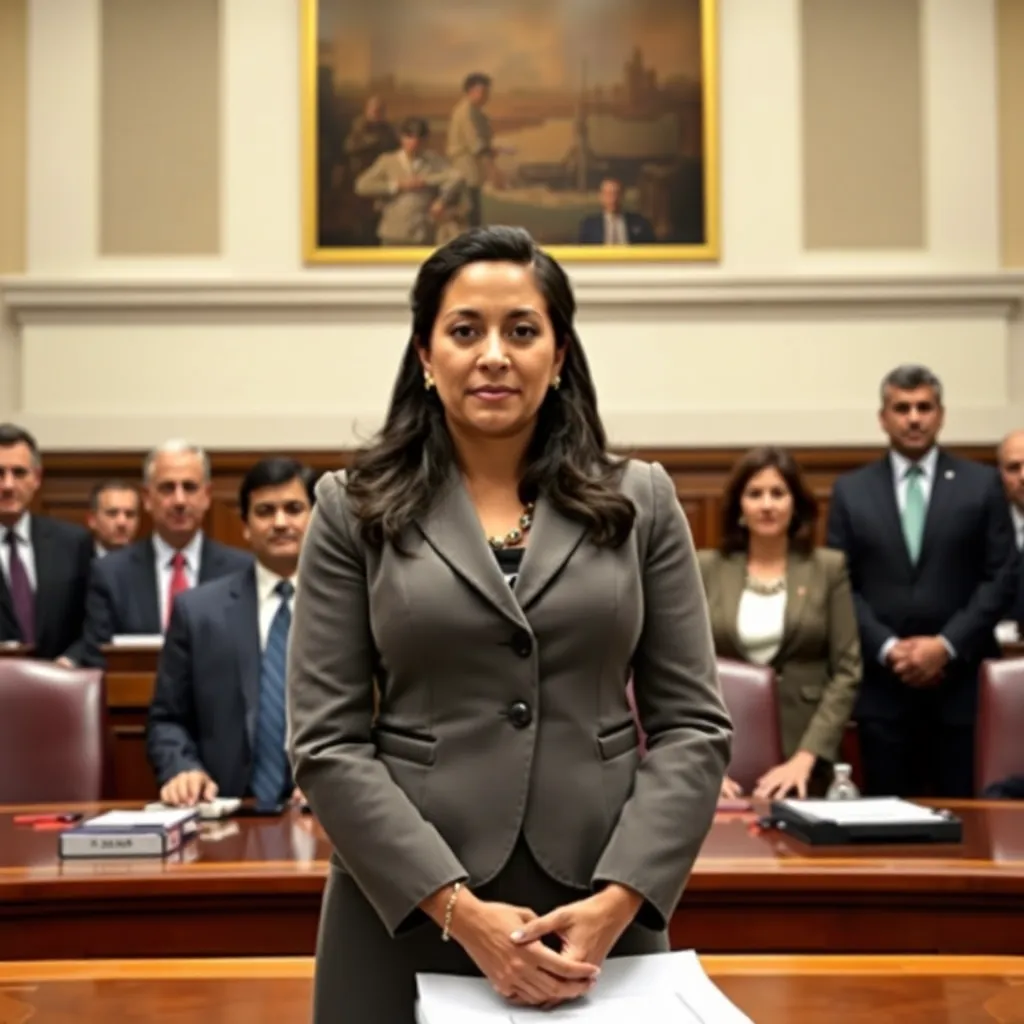
In a tense and highly anticipated hearing, Tulsi Gabbard, President Donald Trump’s nominee to oversee the US spy agencies as the director of national intelligence, faced a barrage of tough questions from lawmakers. The grilling centered on her past statements and actions regarding Edward Snowden, the Syrian civil war, and her stance on Russia.
Gabbard, a former Democratic congresswoman from Hawaii and a one-time presidential candidate, has been a polarizing figure due to her unconventional views on foreign policy and national security. Her nomination by Trump has raised eyebrows across the political spectrum, with many questioning whether she has the necessary experience and temperament to lead the nation’s intelligence agencies.
During the hearing, lawmakers from both parties pressed Gabbard on her past support for Snowden, the former NSA contractor who leaked classified information about the US government’s surveillance programs. Gabbard has previously expressed admiration for Snowden’s actions, calling him a “hero” and arguing that he had exposed serious abuses of power by the intelligence agencies. However, under questioning, she attempted to walk back her earlier statements, saying that while she still believed Snowden had raised important issues, she did not condone his decision to leak classified information.
Gabbard also faced intense scrutiny over her stance on Syria, where she has been an outspoken critic of US intervention and has met with Syrian President Bashar al-Assad. Lawmakers questioned her judgment in meeting with a leader widely regarded as a war criminal and pressed her on whether she believed Assad was responsible for atrocities committed during the Syrian civil war. Gabbard defended her actions, saying that she had been seeking to promote peace and understanding in the region and that her meeting with Assad had been part of a broader effort to engage with all parties to the conflict.
Finally, lawmakers raised concerns about Gabbard’s views on Russia, which have been seen as overly conciliatory by some. She has previously expressed skepticism about the extent of Russian interference in the 2016 US presidential election and has argued that the US should seek to improve relations with Moscow. Under questioning, Gabbard insisted that she took the threat from Russia seriously and that she would prioritize protecting the US from Russian aggression as director of national intelligence.
Despite her efforts to reassure lawmakers, Gabbard’s performance during the hearing is unlikely to have alleviated concerns about her suitability for the role. Her unconventional views and past actions have sparked intense debate, and it remains to be seen whether she will be able to secure confirmation as the next director of national intelligence.





